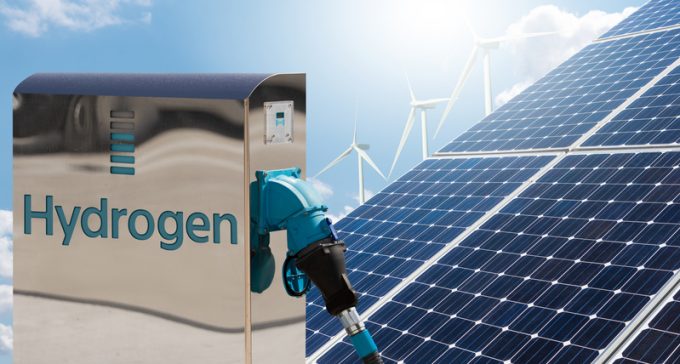Tech advances leave ship systems cyber-vulnerable, says DNV
A lack of interconnected shipboard equipment is making shipping a difficult target for cyberattack – ...

Decarbonising transport will require a new level of collaboration, according to speakers at today’s launch of DNV’s Energy Transition Outlook 2023 report.
Of the major polluters, aviation and deepsea shipping are seen as the most difficult to decarbonise, with road haulage comparatively straightforward via electricity, use ...

Comment on this article